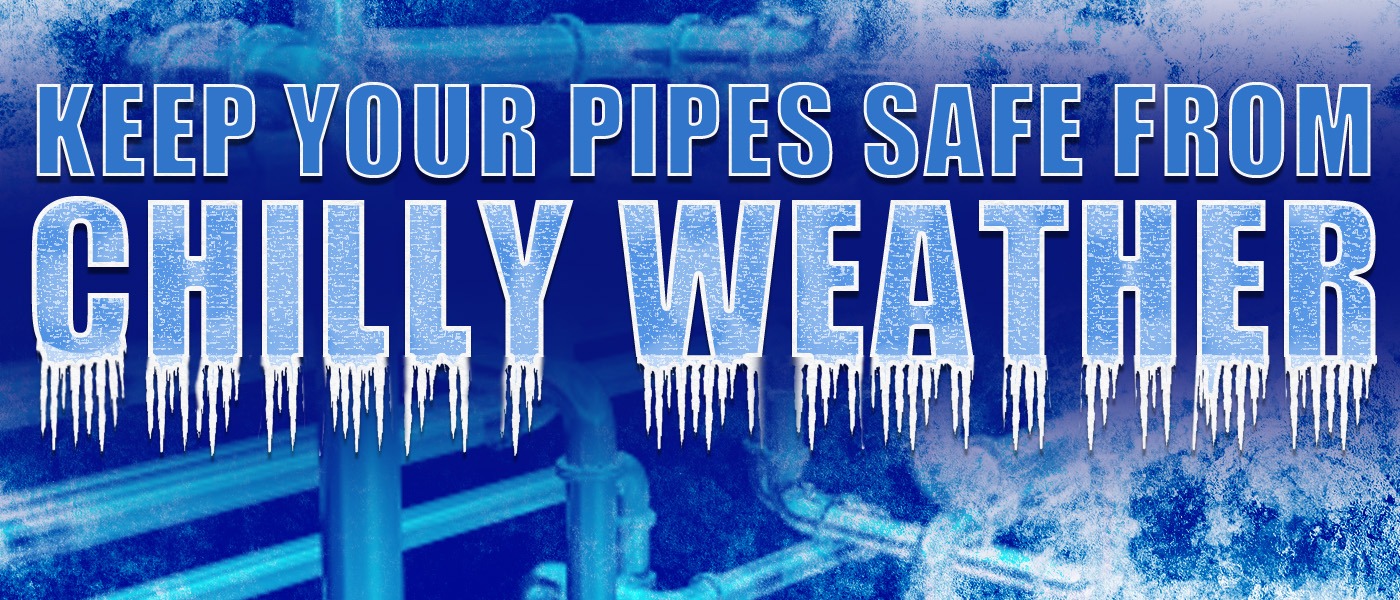The cost to winterize plumbing is lower than the cost of burst pipes
How often do you hear that you have to winterize your plumbing? In Portland, you probably have a few neighbors with horror stories about burst pipes in the winter.
Plumb Tech has experts to help winterize plumbing around Portland. Here are some important things to know before the snow comes.
What does it mean to winterize plumbing?
Being prepared for whatever winter brings will protect your home. It will also save you time and money.
When it comes to plumbing, preparing for winter means that you take steps to prevent frozen water in your pipes. Frozen water in your pipes can cause:
• Water flow to stop
• Pressure to build up
• Pipes to burst
What are the costs when you do not winterize plumbing?
Burst pipes or broken water heaters cost you warm water for days at a time. The cost of replacing broken plumbing components also costs money you could otherwise spend on holiday gifts.
What can I do to winterize plumbing?
Consider an extra layer of protection in the event of a blast of cold weather or a power outage from a severe winter storm. Insulation provides that added layer of protection in case of an unexpected blast of arctic air.
- Before you start to winterize your plumbing, always check for leaks. Water damaged insulation is not only ineffective, but undetected leaks can set you up for certain water damage to your home down the road.
- Where possible, insulate your exposed pipes. Insulated pipes are less likely to freeze or break during cold snaps and can help keep your energy costs down.
- Use an insulating blanket around your hot water heater. This will not only cut down on energy bills, but will also extend the life of your hot water heater. If you have an oil or gas water heater, contact your HVAC specialist since both of these fuel sources are flammable. Insulating an electric water heater is generally an easy DIY project for most homeowners.
You will also want to make sure that your pipes are clear.
- Cut off the water supply to outside pipes if you can. Once you have turned the water off, make sure you open the faucets to empty the outside lines. Purge your sprinkler system to prevent the likelihood of costly repairs this spring.
- Empty and remove any hoses that remain outside to prevent winter damage.
- Insulate outside pipes and faucets to prevent freezing.

Recent Comments